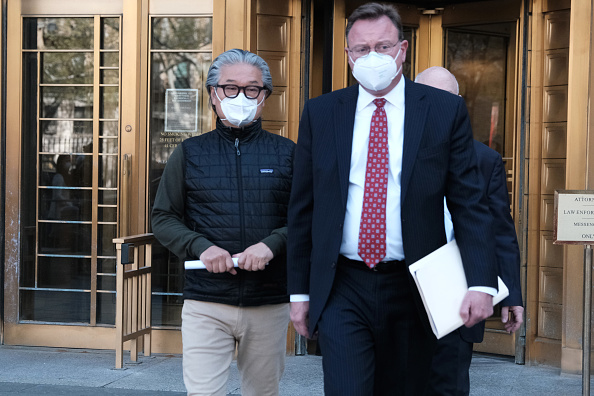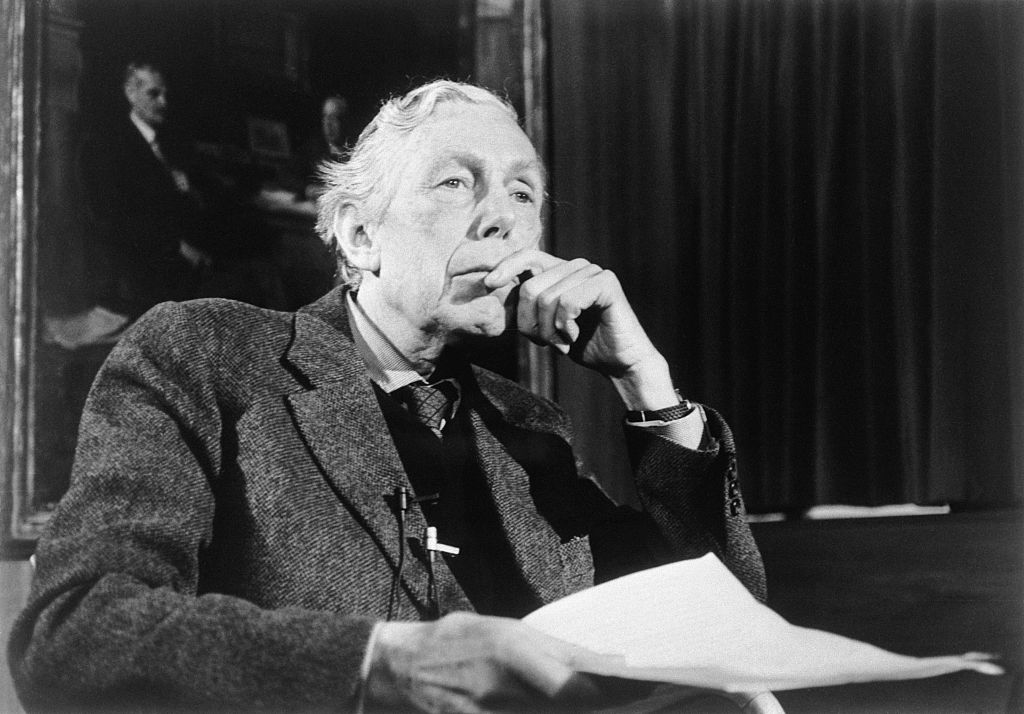The recent rioting in Britain, which has been the most peaceable and law-abiding, heavily populated, country in the Western world for centuries, does not indicate the rise of “thuggery,” as the prime minister, Sir Keir Starmer, has alleged. It is rather indisputable proof of the complete, multi-partisan failure of the British political class to get to grips with the issue of immigration.
There are exhaustive and authoritative polls that clearly indicate where the problem lies. An August 6 poll revealed that 82 per cent of Britons consider the violence that broke out after three young girls were killed and ten others wounded in a knife attack at a Taylor Swift-themed event to have been unjustified and 67 per cent felt that those who caused the unrest were thugs. But 60 per cent of Britons sympathized with peaceful protesters and 42 per cent thought that those who objected to immigration policies were correct. Only 25 per cent of Britons blamed Muslims in general (still a worrisome total), but 67 per cent of respondents to a comprehensive poll considered immigration policy to be the cause of the unrest.
Because the Conservative party has just finished fourteen years in government in which an astonishing five consecutive Conservative prime ministers (none of them was really a conservative), were generally unsuccessful left office involuntarily and rejected either by the public or by their own members of Parliament or both, the British naturally blame the Conservatives for the failed immigration policy. But neither the Labour government of Tony Blair and Gordon Brown which preceded that sequence of unsuccessful Conservative leaders for 13 years or Starmer who has only been in office for a month, are blameless. Most disquieting is the fact that Starmer is off to a very bad start.
Of course, rioting is unacceptable no matter who is doing it and for what cause. But there has been mounting evidence since Enoch Powell famously raised the issue of non-white immigration in 1968 that the British public had concerns for the stability and prosperity of their country if greater care was not taken to admit people who would contribute to the economy and could be expected to settle relatively easily into British life.
The problem in Powell’s time was unrestricted immigration from the British Commonwealth, which in practice meant from the Asian and African and Caribbean Commonwealth — no one was much concerned about the slight trickle of arrivals from Canada or Australia. A little of this may have been white supremacist, but there is no doubt that the great majority was legitimate concern about the possibility for rising friction on the economic and sociological fronts.
This was not unfounded and while unrestricted admission to the UK from other Commonwealth countries was modified, the practice of allowing, or at least being conspicuously ineffective at discouraging, the entry into Britain of large numbers of destitute and unskilled people from not easily assimilable backgrounds simply continued unabated under both major parties and despite a constant repetition of assurances that precisely what has happened would not happen.
The immediate cause for the violence in Britain is an overreaction to an act of disgusting violence and tragedy. But the subsequent spread of rioting indicates the state of public frustration at the inability of the political class to take on board what has been obvious and a matter of public notoriety for decades: that the majority of the British public naturally had serious misgivings about the practically unregulated and undocumented arrival in their country of large numbers of people who would have difficulty participating usefully in British life and would undoubtedly, inadvertently or otherwise, cause serious frictions in British society.
This is not white supremacy or xenophobia; in most cases it was mere common sense. In a democracy, nothing is more annoying to the majority than to be ignored, in this case for decades on end by all principal political parties, (except recently Nigel Farage’s Reform Party). The people clearly registered their wish to maintain immigration but at assimilable levels and in respect of people whom it was desirable to receive for reasons having nothing to do with ethnicity or sectarianism.
No British government paid any serious attention to any of this in the last 25 years and it is a testimony to the civility and patience of the British nation that has taken until now for any appreciable backlash to develop. It is far from a cause of optimism that the new Starmer government’s knee-jerk response to the latest incidents are to whitewash the offensive elements and implicitly denounce the majority of Britons as morally insolvent and intolerant.
The percentage of those in the UK who criticize long-standing British immigration policy for legitimate and not discreditable reasons, is approximately twice the percentage of the British public that voted for Starmer’s Labour Party in the elections two months ago. Britain is now economically stagnant and increasing immigration of unskilled people will only raise the temperature of the pressure cooker. It is a minor irony that the murderer in the recent case is of Rwandan background, the country in which the previous prime minister, Rishi Sunak, developed a hare-brained scheme to lodge illegal migrants.
As a distinguished British commentator Dominic Green remarked in the Wall Street Journal on August 10: “Mr. Starmer already has reaped more chaos than he can manage. Mass immigration and multiculturalism have failed. The police have lost the public. The government has lost the plot. And the English have had enough.”
If Starmer doesn’t turn the telescope around and see where the problem really is, he will quickly join his five immediate predecessors at 10 Downing Street on the ash heap of British history, and the future will belong to Nigel Farage. There are many worse fates, as Britain has discovered in the last 25 years.





Zelensky drags America into war, or Zelensky loses